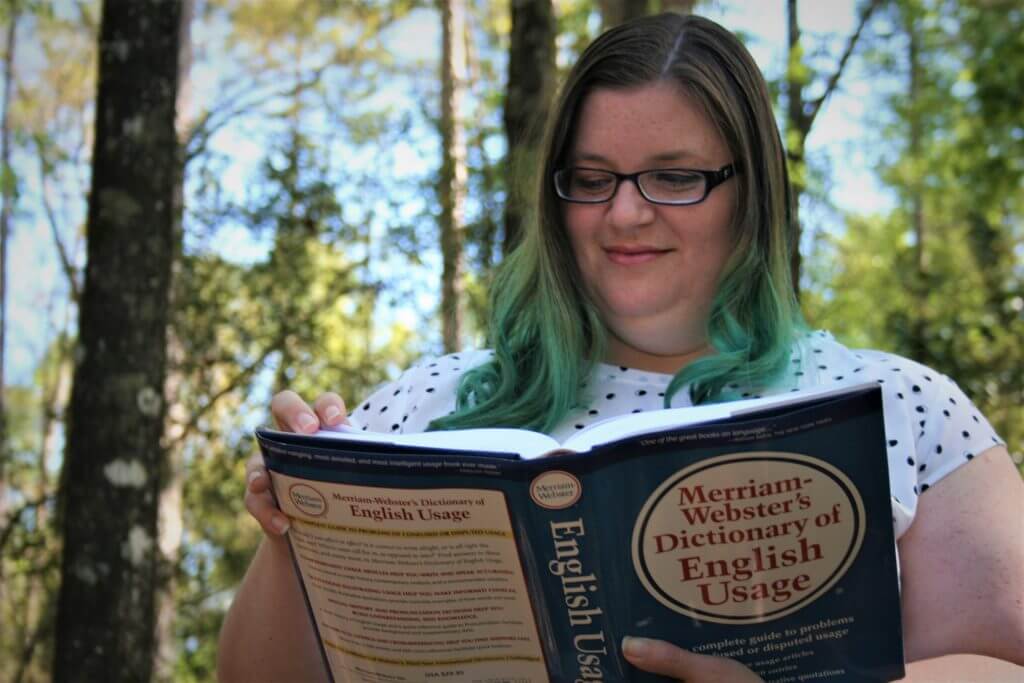
Words You Don’t Need
When you are writing, you want your prose to be tight, efficient. No matter what genre you write in, this is the type of thing that keeps readers engaged. To accomplish this tight, efficient writing, you need to carefully think about which words you use. Use only as many words as you need.
Now this seems to go against people’s natural instincts. Some authors feel their particular style is a little more florid or expansive. There’s nothing wrong with that. Literary fiction in particular—and sometimes historical fiction—is known for and even defined by elaborate prose and beautiful language. But you don’t want your reader to get so caught up in the language that they lose the thread of the narrative. The plot must go forward too.
The good news is that you can look at your manuscript for a few common problems, all of which are fairly easy to fix.
Body Parts
Some body parts have specific functions, literarily speaking (get your minds out of the gutter)—actions that are possible only by a single part. In other words, if a verb implies a body part in its very definition, the body part is often extraneous and should be cut.
Examples: Wynken, Blynken, and Nod
Okay, not quite. Actually shrugging, blinking, and nodding are the trifecta of unnecessary body parts. When you’re talking about a person, only eyes blink, only heads nod, and only shoulders shrug. (Although I wouldn’t say “she winked her eye” either.)
Compare the following:
“He shrugged his shoulders.”
“He shrugged.”
“The little girl blinked her eyes in surprise.”
“The little girl blinked in surprise.”
“She nodded her head.”
“She nodded.”
Read the second of each pair and ask yourself if there is any confusion about what is being nodded, shrugged, or blinked. The meaning is exactly the same, but the second option is tighter and more efficient, making for cleaner writing. The first of each option is quite common and in no way incorrect, but they make careful readers cringe.
Although a couple of words here or there may seem insignificant, when you add them up over the course of a chapter, a novel, a series, choosing the tighter, more efficient prose will improve the readability of your text.